In 2024, around 5.5 billion people globally had internet access, but low-income countries faced challenges as only 27% of their population could connect online.
These findings are from the International Telecommunication Union’s latest report called “Facts and Figures 2024.”
While internet usage worldwide has increased to cover 68% of the global population, less developed nations are still struggling with limited connectivity.
The digital gap is especially noticeable in regions like the least developed countries and landlocked developing countries, where connectivity rates are as low as 35% and 39%, respectively.
Moreover, in Nigeria, internet penetration rose to 42.24% by October 2024, up from 41.56% in September, as per the Nigerian Communications Commission’s recent report.
ITU Secretary-General, Doreen Bogdan-Martin, emphasized the disparity between high-income and low-income countries in the report “Facts and Figures 2024.”
“Significant differences in crucial connectivity indicators are excluding the most vulnerable populations from accessing online resources for information, education, and job opportunities. This report underscores the importance of ensuring inclusive progress for all in our interconnected world,” stated Bogdan-Martin.
Globally, an estimated 2.6 billion people were still offline in 2024, making up 32% of the world’s population. This was an improvement from the previous estimate of 2.8 billion in 2023, which accounted for 35% of the population.
ITU’s Telecommunications Development Bureau Director, Cosmas Zavazava, commented, “The world is moving closer to achieving universal internet access, but progress should be faster.”
“While advancements are being made in connectivity, there are noticeable disparities in access within the world’s most vulnerable communities, leading to further challenges due to digital exclusion.
“Efforts must be intensified to eliminate barriers preventing people from going online, bridge the usage gap, and reaffirm the commitment to achieving universal and meaningful connectivity to ensure internet access for all,” Zavazava added.

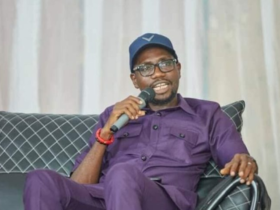
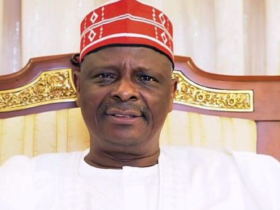
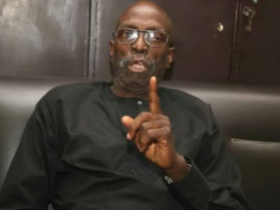

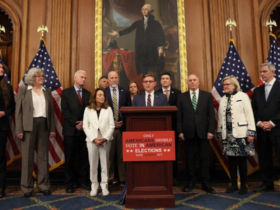

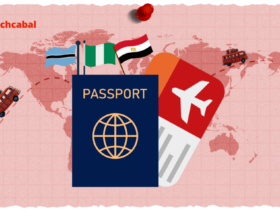
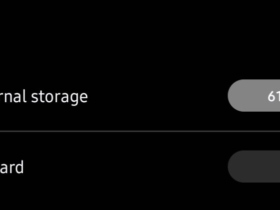

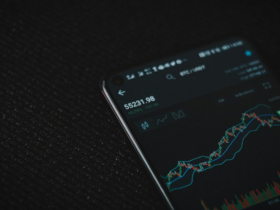
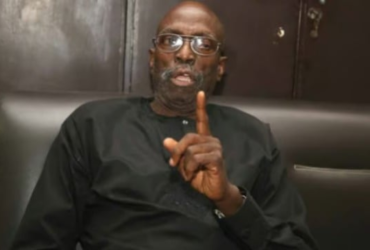
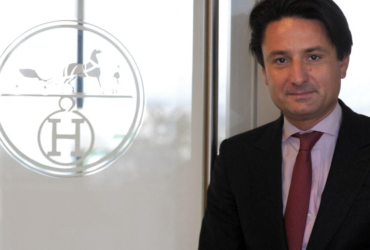
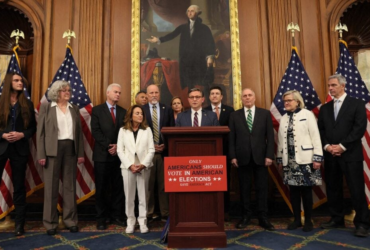
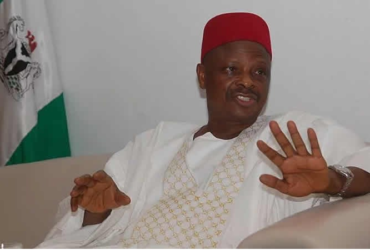

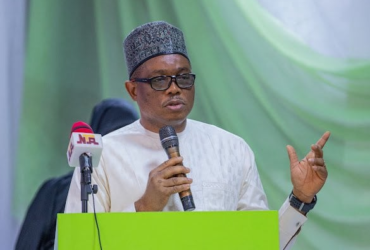
Leave a Reply